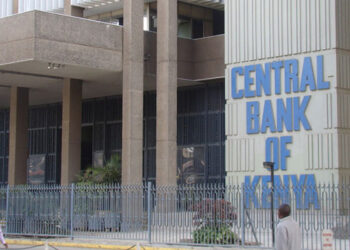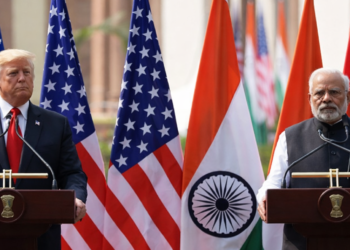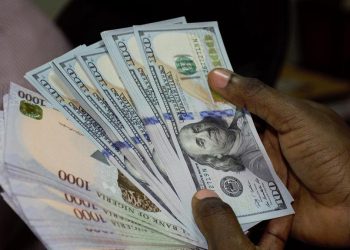The most populous nation in Africa, Nigeria, has been overly reliant on foreign assistance. It has been decades of relying on handouts from international organizations and bilateral donors that has left the country unable to fend for itself. The bitter fact is that foreign aid has turned into a painful envelope that is impeding the Nigerian economy and creating a dependency syndrome.
Candidly speaking, Nigeria’s relationship with foreign aid can hardly be termed positive. The country has spent a lot of money for the past several decades since the 60s and received a lot of monetary assistance but what did Nigeria gain from it? A heavy government, poor in services maintained by the infrastructure and dependency on external sources.
The World Bank, IMF, and EU are not bad people, but their help has developed an attitude of dependency that is killing innovation in Nigeria.

There is no such thing as foreign aid; it is a temporary measure that begs the question – what are the disadvantages of foreign aid? Aid has sponsored some infrastructure development works – but at what benefit? Nigeria’s total debt has reached an all-time high, and the debt servicing is crippling the economy rather particularly so the vast majority of the population.
Also, we cannot ignore the degrading aid conditions which denies Nigeria its sovereignty and operational space in policy formulation.
But the most pernicious aspect of foreign aid is its effect on the growth prospects of the Nigerian economy. If one can get foreign assistance instead of working for it, there is no reason to increase the complexity of the economy.
Why bother building any local industry if someone else will subsidize it? All this leads to a low-level equilibrium economic structure with over dependency on crude oil export and external demand unconducive to tolerating shocks in the global economy.
As a country, it is imperative that Nigeria outgrows the aid dependency syndrome. It is high time the government charts a radical course on policy reorientation that looks towards maximizing local sources of revenue, encouraging investment in the non-oil sector and nurturing entrepreneurship. Anything more is simply postponing the inevitable.
It is rather unacceptable and even sickening to keep painting foreign aid as charity whenever it is found wanting. This view should be held strongly and at great lengths think therefore aid is a cure for economic vices. This is vital for the advancement of Nigeria in the years to come.

















